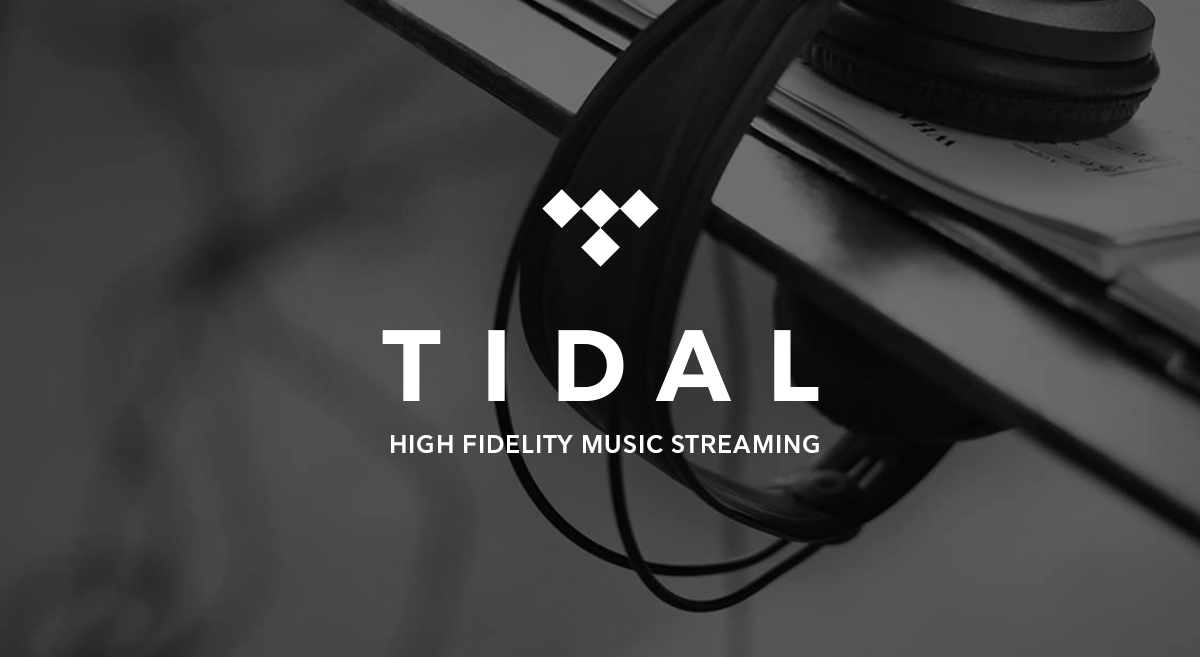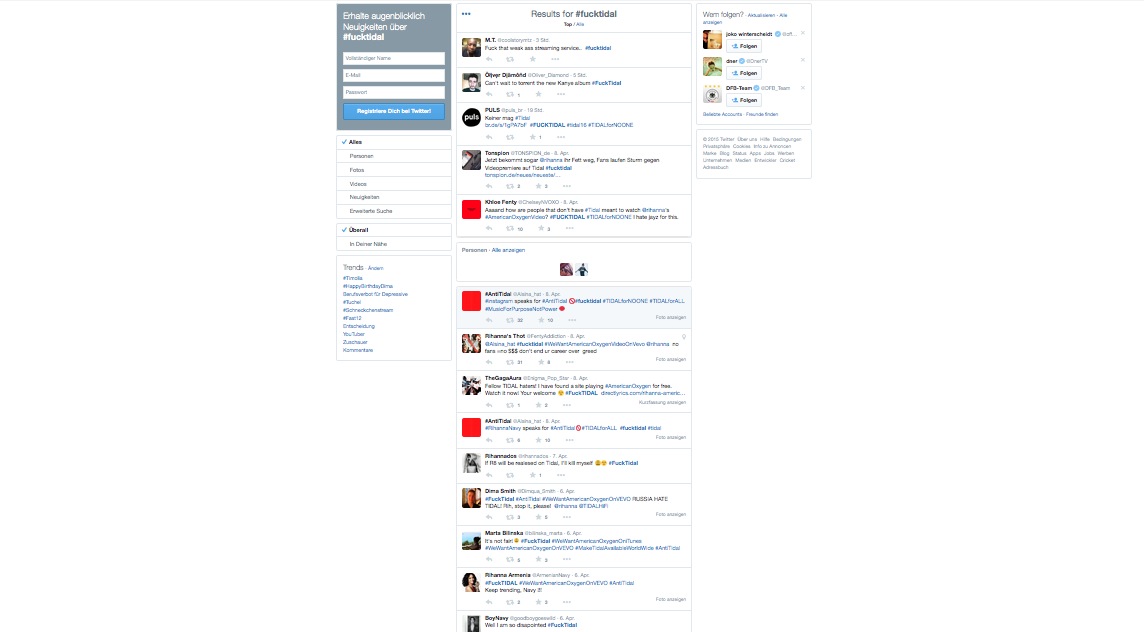

Since the spectacular launch of Jay-Z's allegedly new streaming service Tidal, waves of enthusiasm have been as high as those of indignation. Time to try to get an overview ...
by Olaf Adam
If you believe pop rapper and internet entrepreneur Jay-Z, then Tidal represents nothing less than the future of the music industry. The self-confident claim is underpinned by the staffing at the launch event. After all, with Jay-Z himself, his wife Beyoncé, Madonna, Kanye West, Daft Punk, Rihanna, Chris Martin, Jack White and a few others, real musical and financial heavyweights were on stage. And everyone was proud and happy to be there. Among other things, probably also because the stars had each acquired 3% of the shares in Tidal.
The whole thing is really not as new as the united star squad would like us to believe. Behind the new name and the elegant new design there is nothing more than the streaming provider WiMP, which is already known in this country. Jay-Z recently bought this, or its Norwegian parent company Aspiro, for a mere 50 million dollars. And like WiMP, Tidal only uses paid subscriptions, there is no advertising-financed option like Spotify. However, subscribers should not only pay for undisturbed music enjoyment, but above all for better sound quality. The entry-level offer called 'Tidal Premium' for 9.99 euros per month already offers decent quality with music in bit rates of around 320kbps for streaming. 'Tidal Hifi' costs 19.99 and then allows lossless streaming in CD quality. Access to editorially prepared content and videos is included in both variants.
Uh, yes and no ... It is true that the top dog Spotify offers a free option to use the streaming service. However, the music is then regularly interrupted by annoyingly loud commercials, the music is streamed at a maximum of 96kbps, and use on mobile devices is only possible in random mode. 'Spotify Premium', with which streaming is possible at 320kbps, and also allows targeted playback of songs on mobile devices, then also costs 9.99 euros. So Tidal is not really more expensive than the competition, it just doesn't offer free use. A similar picture emerges with high-quality hi-fi streaming: the comparable option already cost almost 20 euros with WiMP, while the only current competitor, Qobuz, charges the same amount for lossless streaming.
Opinions are currently divided on this question, as can be read, for example, from the sound spy. First of all, it is correct that the Tidal offer is attractive from the customer's point of view. The selection of songs is large, the prices are within the usual range, both the browser interface and the various apps for mobile devices work well to very well. And for users with higher sound demands, the lossless hi-fi option is definitely interesting, because it means that streaming is finally hi-fi-compatible. However, fans of classical music should also check what competitor Qobuz has to offer. Here you can find more classic recordings, and there is a special flat rate that offers access exclusively to the classic offer for 14.99 euros.
Maybe you should just give it some time. If Jay-Z and his super-rich co-owners get the whole issue right, it could actually result in a digital revenue model in which the artists (all artists) get a larger share of the revenue by eliminating the 'middleman' function of the big labels. However, if you get it wrong, it will simply become a kind of United Artists of the music industry. The film company was founded in 1919 by Charlie Chaplin among others in response to the increasing exploitation of actors and directors by the big studios. Just a few years later, UA had become a 'big studio' like everyone else. And currently, under the leadership of Tom Cruise as part of Sony Pictures, the company is owned by what is arguably the world's largest entertainment giant ...